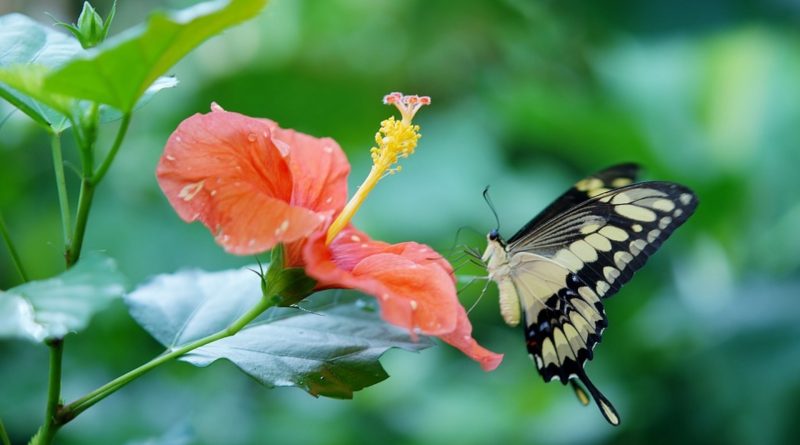Reduction of pollinators puts the food chain of the planet at risk
Reduction of pollinators puts the food chain of the planet at risk
Every day, scientists and industry studies highlight the risk that our planet and the entire human civilization is running. The theme is more and more the same, but the governments deal with the other: the decline of the pollinating species of our planet is constantly growing. The decline in the number of bees and pollinators in general can only be reversed by banning some chemicals for agriculture and an agricultural system now at its terminus.
But this time the emphasis on the catastrophe is extended to a wide range of insect species, which together with birds, bats and even squirrels, play, with different methods, the role of pollinators. This fact is worrying because according to recent UN research, around 75% of food crops require pollinators to produce. Since our governments only know how to talk about GDP (Gross Domestic Product), this in money is equivalent to 577 billion dollars (470 billion euros) a year. Moreover, around half of this value comes from wild pollinators.
The UN report then wanted to test the farmers’ awareness on the subject. This Report, which included the participation of the United Nations International Program for Environment, Fauna & Flora, and the University of Cambridge, provided for interviews with large companies in order to assess the awareness of their dependents of their supply chains by these threatened species.
Unfortunately, less than half of these farms knew which pollutants were used by the raw materials. Moreover, there was no awareness of which crops and regions were at risk.
In short, modern agriculture has “produced” agricultural entrepreneurs far from ecological know-how and therefore much more vulnerable and driven by great interests that are pressing for the organization of companies increasingly dependent on synthetic chemistry and less and less aware that the productions are done with ecological principles and criteria. Lies on lies that are leading to the loss of pollinators that could potentially reduce production by about 90% in at least 12% of the major global crops.
Unfortunately, even if the loss of pollinators is an increasingly imminent threat to food security, it has not yet been understood by many agricultural entrepreneurs nor at a higher level by the National and International Agricultural Policies.
Chemicals for agriculture and climate change are suppressing biodiversity, making it increasingly difficult to survive, also endangering the crops we rely on. But someone continues to argue that chemistry, GMOs and other unnatural solutions will feed the world. As I said in a lie we are sawing the branch on which we are all supported.
Guido Bissanti

